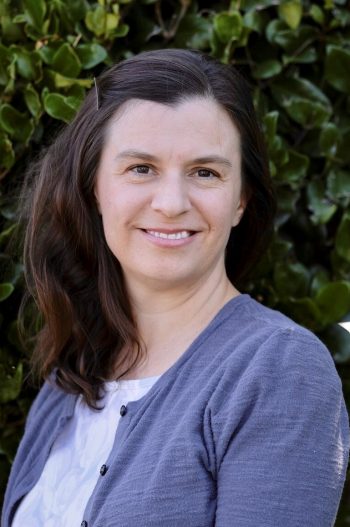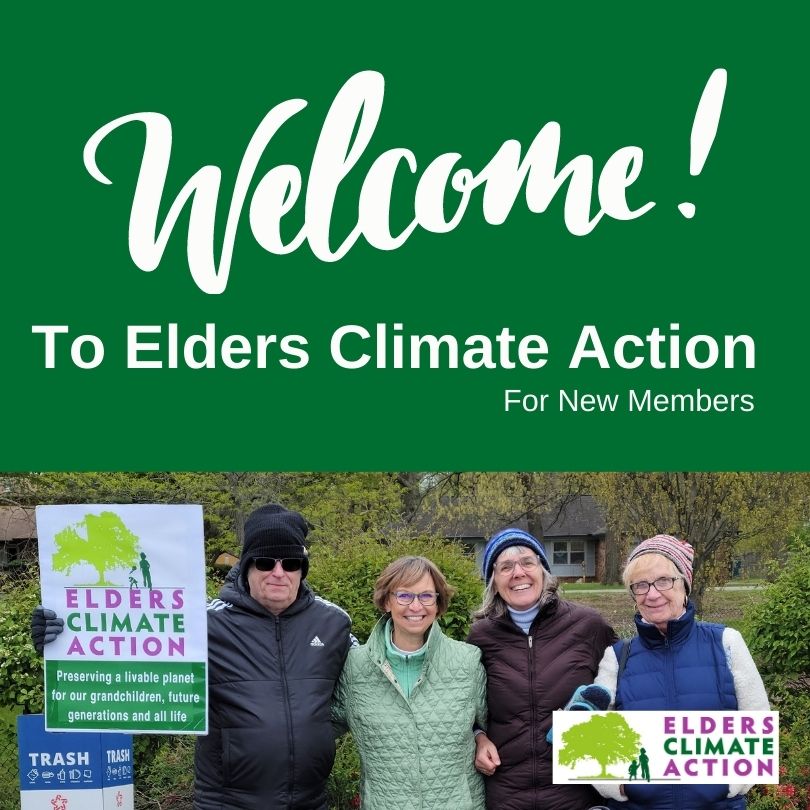
- This event has passed.
The Climate Activist Toolkit: Tools for Meeting with Elected Officials
July 28, 2021 @ 6:00 pm - 7:30 pm EDT

ECA proudly presents The Climate Activist Toolkit, a 3-part summer workshop series designed to build our strengths as climate advocates. These facilitated workshops will cover a range of topics including Tools for Meeting with Elected Officials, The Power of Personal Stories, and Writing for Change. We’ll dive into helpful skills, tools and strategies relevant to our members working at local, state, and federal levels. Participants will engage in small-group work (via Zoom breakout rooms) to discuss personal strategies and ideas, practice skills through role play, and plan for contacting officials. Together we’ll learn, prepare to take action, meet new ECA folks, and have fun. For the full experience, we encourage live, online participation for these workshops, however anyone who registers will receive the recordings.
ECA is proud to offer our workshops for free, with a suggested donation of $25.00 for the series. ECA relies on your contributions to continue to provide climate-related programming directly to elders. There’s an option to donate when you register, and consider making it a monthly gift!
Wednesdays
July 28, August 11, August 25
6:00 – 7:30 PM (ET) | 3:00 – 4:30 PM (PT)
July 28 – Tools for Meeting with Elected OfficialsDo you know how to find and contact elected officials? Would you like to know how to set up or attend a meeting with an elected official? Are you wondering what a standard meeting might look like? Do you want to build personal confidence in speaking about the climate emergency with those in seats of power? This workshop will provide tools and resources that will help you know what to anticipate and engage more comfortably with elected officials. Participants will use breakout rooms to strategize and role play. | |
 Session Facilitated by Frances Stewart Session Facilitated by Frances StewartFrances Stewart, M.D. is a psychiatrist, integrative health coach, and retired U.S. Navy Captain. She has been a practicing physician for 38 years. She has served on the faculty at the University of Vermont and the Uniformed Services University of the Health Sciences. She retired from her position at the National Intrepid Center of Excellence in Bethesda, MD in 2018 and continues to serve as a volunteer physician with the American Red Cross and the Maryland Medical Reserve Corps. She also serves as a Climate Ambassador for Physicians for Social Responsibility and a Climate for Health Ambassador for ecoAmerica. She is an active member of Elders Climate Action and several other organizations working to solve the climate crisis. As part of that work, she has done advocacy and lobbying visits with U.S. Representatives and Senators for Citizens Climate Lobby, Moms’ Clean Air Force, and the Medical Societies Consortium on Climate and Health. She has also done lobbying visits with Maryland Delegates and Senators for the Sierra Club, the Chesapeake Climate Action Network, and Climate XChange Maryland. | |
Upcoming Sessions | |
August 11 – The Power of Our Personal StoriesEach of us has a climate story to tell. Our stories of our fears, experiences, and hopes carry power and can be used to build connections and foster understanding of the coming impacts of climate change and the rate at which the threat is increasing. We make meaning of our climate activism through stories—and we help to guide and inspire others to take action. Our stories are among our most effective tools for our work to ensure current and future generations a livable and thriving world. In this workshop we will focus on storytelling strategies, and learn how to use these stories within our climate advocacy work and when engaging with elected officials. | |
 Session Facilitated by Caroline Levine Session Facilitated by Caroline LevineCaroline Levine is the David and Kathleen Ryan Professor of the Humanities at Cornell and author of three books: The Serious Pleasures of Suspense (2003), Provoking Democracy: Why We Need the Arts (2007), and Forms: Whole, Rhythm, Hierarchy, Network (2015). Right now she’s working on a book about the role of the humanities in the climate crisis. | |
August 25 – Writing for Change: How to Influence the Decisions that Matter Without Leaving Your DeskThe opinion section is still the most widely-read section of the news. And if you mention the name of your representatives, they are sure to notice your piece. So how do you write an op-ed or a letter to the editor (LTE) that will influence the decisions they are making every day – either to solve climate change or answer to powerful fossil-fuel interests? In this workshop, you’ll learn how to write a compelling op-ed or LTE that changes minds and motivates action to protect our planet and our families. You’ll find out just how to catch an editor’s eye to get your writing published, and the best way to ensure your op-ed is read widely. You never have to leave home to have your voice heard loud and clear in your city hall, statehouse, Capitol Hill, or the White House. Let’s get writing for climate action! | |
 Session Facilitated by Sarah Spengeman Session Facilitated by Sarah SpengemanSarah Spengeman is Energy Innovation’s Deputy Director of Communications, where she designs campaigns to help program staff effectively communicate their original policy analysis, research, and modeling to policymakers and the media. Prior to joining EI, Sarah was the associate director for communications and advocacy at Health Care Without Harm, where she led the organization’s work to leverage the economic, political, and moral influence of the healthcare sector for climate policy solutions at all levels of government. Sarah is a board member of Interfaith Power and Light, and is co-author of a chapter on health professional climate advocacy in the forthcoming book Global Climate Change and Human Health: From Science to Practice. |







